Swiss help push for Covid-19 ceasefires in conflict zones
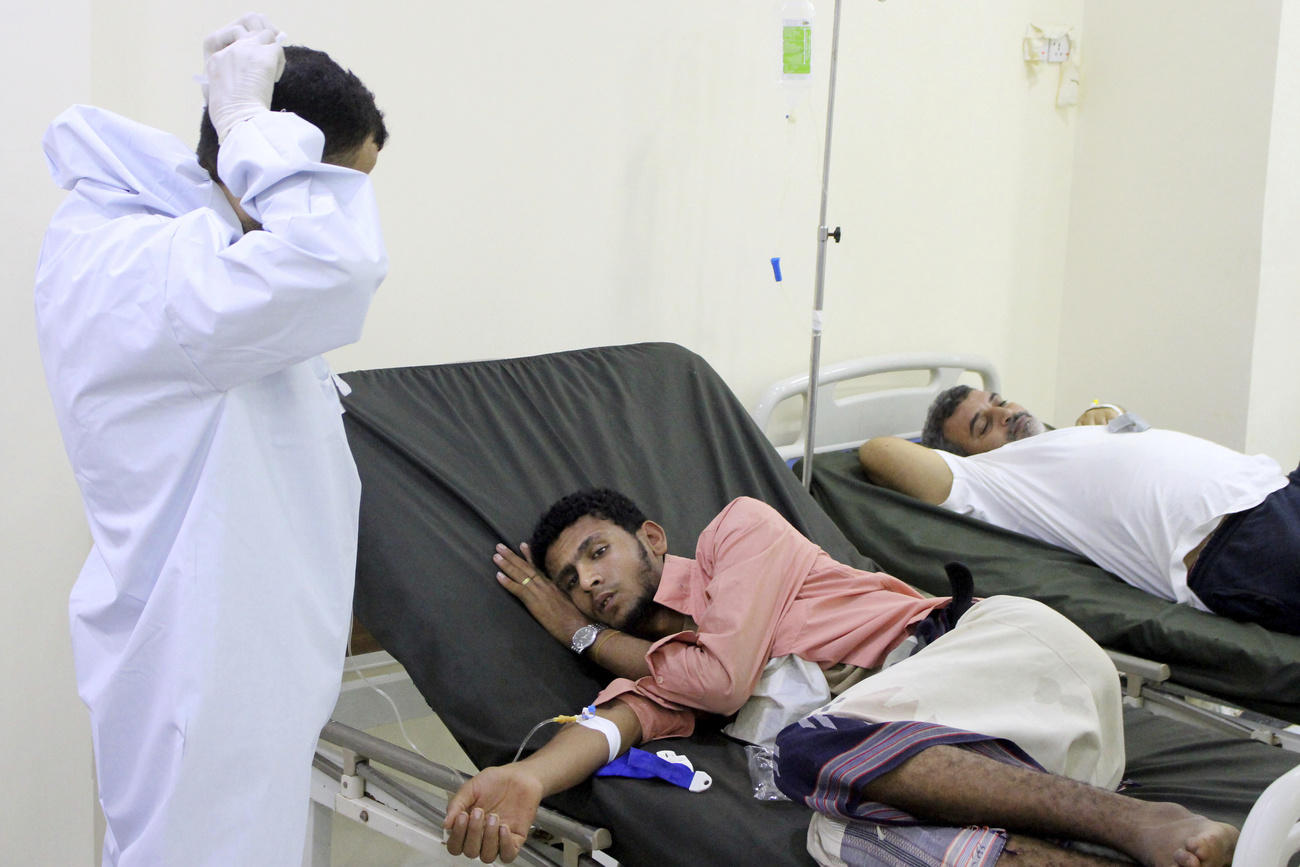
The UN Secretary General’s call for a global ceasefire to help fight the coronavirus pandemic was echoed in May by a similar call from the Swiss parliament. Switzerland and some Swiss NGOs are using their “good offices” and conflict mediation experience to try and help make this a reality. But are armed groups really laying down their guns, and could the pandemic bring more peace in the longer term?
“It’s a moment of opportunity,” says David Harland, executive director of the Geneva-based Centre for Humanitarian Dialogue (HD Centre). “I think that the UN Secretary General chose the moment really well. Because if we fail in the war zones, then I think not only do millions of very vulnerable people run the risk of getting sick or dying, but there is also a major chance that they will export the virus to the rest of the world. And there’s a real chance that they will export conflict to other parts of the world.”
HD Centre specialises in confidential mediation in conflict zones and says it is working actively to try to make the ceasefire call of UN Secretary General Antonio Guterres a reality. Harland told swissinfo.ch that his private diplomacy NGO has “managed to facilitate about 10 ceasefire declarations”, some of which are unilateral. He gives the example of Iraq, where there is a three-cornered fight going on between the US, the Iran-supported Shia militias and ISIS. “The United States and the Shia militias have agreed to stop fighting, which has been good for public health and good for peace,” he says. “It’s created some space within which Iraq, after a long period, could form a government.”
He says his organisation has also been supporting the Swiss government’s efforts to facilitate peace in the African state of Cameroon, where some of the anglophone separatist groups fighting the government of President Paul Biya have also declared a unilateral ceasefire.
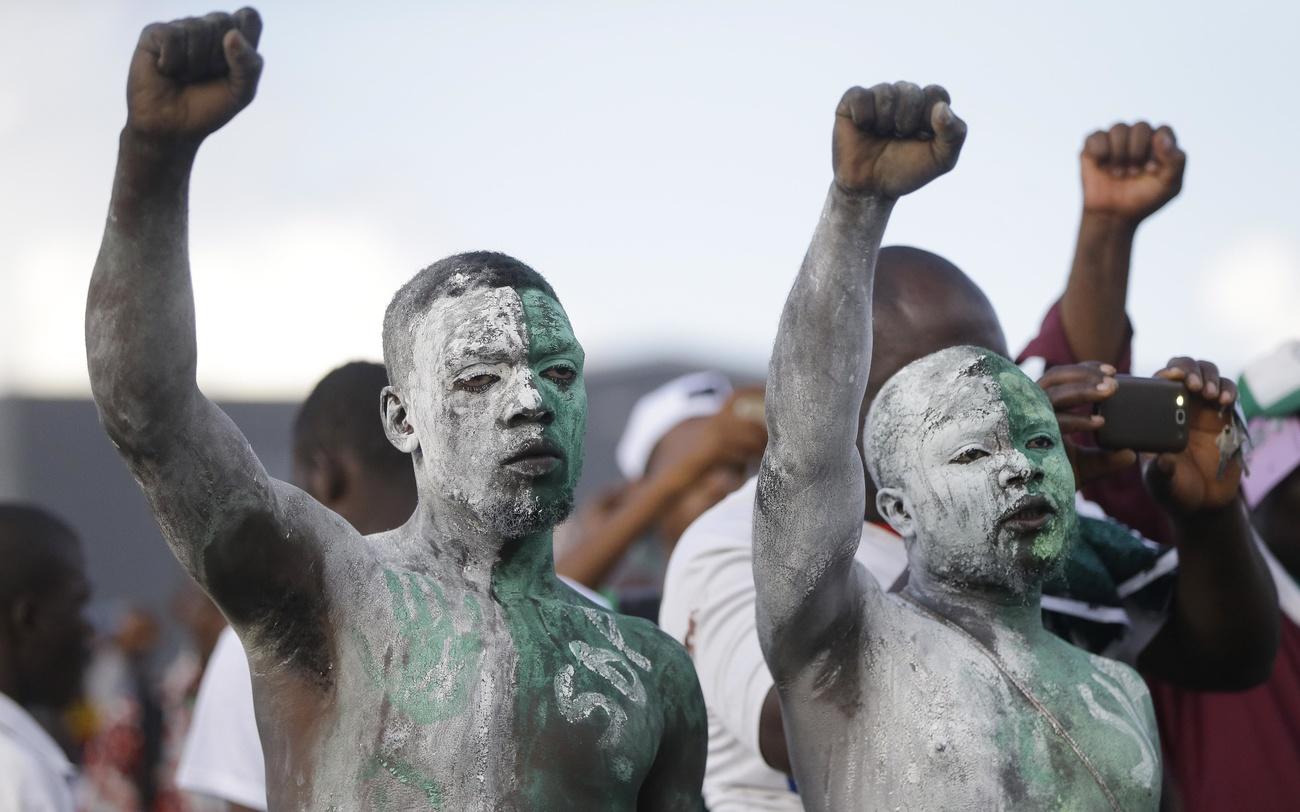
More
Switzerland mediates in Cameroon crisis
In a written statement to swissinfo.ch, the Swiss foreign ministry stressed that “ceasefires have a positive impact on the humanitarian and medical situation” and “also help to build confidence for future peace negotiations”. The ministry says it supports ceasefire negotiations as part of its “good offices” and that “in the context of the fight against Covid-19, it has done so successfully in Cameroon and Colombia and is in contact with other parties.”
Armed groups
“There are so many conflicts around the world with different kinds of intensities, but these zones of conflict are clearly where states have little control,” says Alain Délétroz, director of Geneva Call, which works with armed groups to make them aware of basic humanitarian norms and principles. “In some states which are going through an armed conflict today, like Afghanistan, you have more than half the population which is outside the reach of the central government. And it is extremely important, if we want to have a global approach to the Covid-19 pandemic, to make sure that these areas of the world can be also treated properly.”
Délétroz tells swissinfo.ch that “we have clearly four important armed non-state actors who have announced that that they will abide by the ceasefire”. These groups, he says, include three in northwest Syria, one in eastern Democratic Republic of Congo and one in southeast Asia.
Geneva Call’s mandate is not peace mediation, but Délétroz says the work it has done with some armed groups around the world means it can also play a part in the ceasefire call. “What happens, of course, when you start engaging these people, bringing them to understand their obligations and that they are not alone out there, there is an evolution going on in their minds and this evolution often ends up years later in also being willing to sit down around the negotiation table on political issues,” he tells swissinfo.ch. “But when we reach that stage, Geneva Call has the duty to humbly get out of the way and put them in touch with official diplomacy or other partners like the HD Centre which has the capacity and the professionalism to set up a calendar of political negotiations.”
Both HD Centre and Geneva Call say they are currently working through their contacts and local staff on the ground, some of whom can still move around discreetly with social distancing, and through the internet.
Syria, Yemen and Libya
Indeed, there are so many conflict zones around the world, but the ones that currently tend to hit our headlines most are Syria, Yemen and Libya. So what is happening there?
“In Syria, the level of fighting from day to day is relatively low by the standards of that war, and it has gone down,” says Harland of HD Centre. “In Libya it’s certainly gone up. And both sides said they were going to hold a ceasefire. One side also said it was going to observe a Ramadan truce, but in fact, the conflict there has been escalating.”
He thinks Yemen is particularly interesting. “Saudi Arabia responded to the UN Secretary General’s call by agreeing to a two-week ceasefire,” Harland says, “and I think probably Saudi Arabia is looking for ways to get out of Yemen or to end the most active phase of its intervention. I think that the UN special envoy for Yemen, Martin Griffiths, is actively trying to see whether others will join in the ceasefire agreement. If the appeal is responded to and implemented by the Houthis and others, I think there’s a real possibility that the whole war could wind down, because I think in a way, some of the parties like Saudi Arabia are looking for reasons to disengage.”
Longer term peace prospects
“The iron law of ceasefires is they never work unless they’re going somewhere,” Harland tells swissinfo.ch, “so a ceasefire can never be a goal in its own right. There are hardly any examples of that ever working. But where it works, it’s either part of an initiative to create political space, like in Iraq, or part of an initiative to create some humanitarian space, like in north-eastern Syria.”
So could Covid-19 ceasefires lead to lasting peace? “I think that where the ceasefires are clearly connected to follow-on humanitarian action – there are some signs of that in Syria – or where they are clearly connected to an ongoing political process like in Iraq, there’s good reason to believe they could continue,” says Harland. “Switzerland is trying to play its part in those places which hang in the balance, like Cameroon and Yemen and perhaps Sudan.”
Swiss parliament call
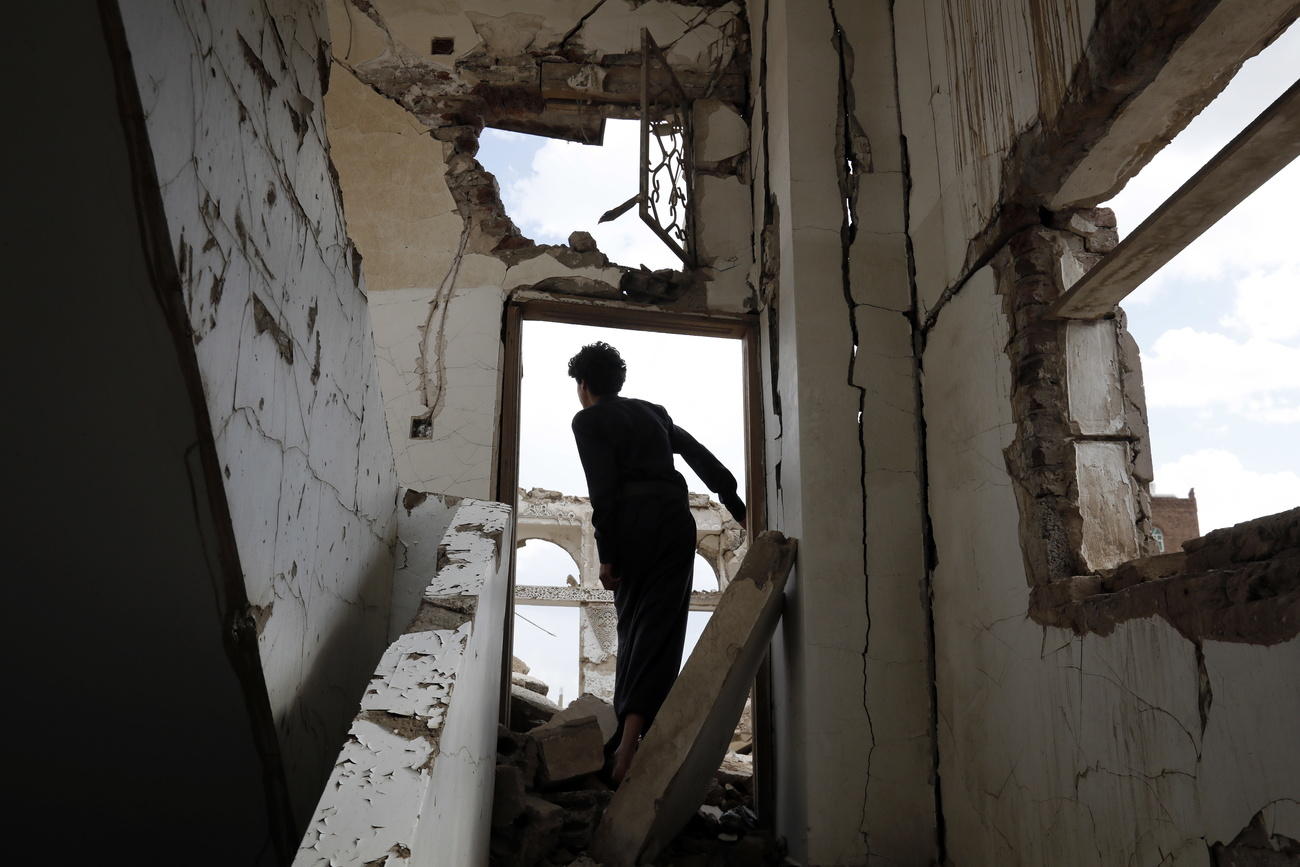
More
Swiss parliament calls for global ceasefire to fight coronavirus
The Swiss parliament, meeting in special coronavirus session in early May, also issued a call for a global ceasefire to fight the pandemic. Given the consequences of the coronavirus crisis on medical care in wealthy countries, one can only imagine what this would look like in countries in conflict and crisis, said Social Democrat MP Brigitte Crottaz.
“The Swiss understand very well that as a rich country, they have put aside very large sums of money to minimise the economic, social, human and political cost of the lockdown,” says Harland. “I think the Swiss are very aware that in conflict-afflicted poor countries that option doesn’t exist, so vast amounts of vulnerable people are going to be stressed and angry and so on. I think anything that can be done, including by the Swiss parliament, to support measures that keep the level of potential violence down, is really important.”
Délétroz says the Swiss parliament’s declaration was symbolic but is also “political support for something the world needs”. “What we can see is that some actors on the ground have been ready to respond to the Secretary General’s appeal, but then the reality on the ground has not changed much. So, you see, this is the big challenge for the UN, the Swiss and the other diplomatic states.”

In compliance with the JTI standards
More: SWI swissinfo.ch certified by the Journalism Trust Initiative
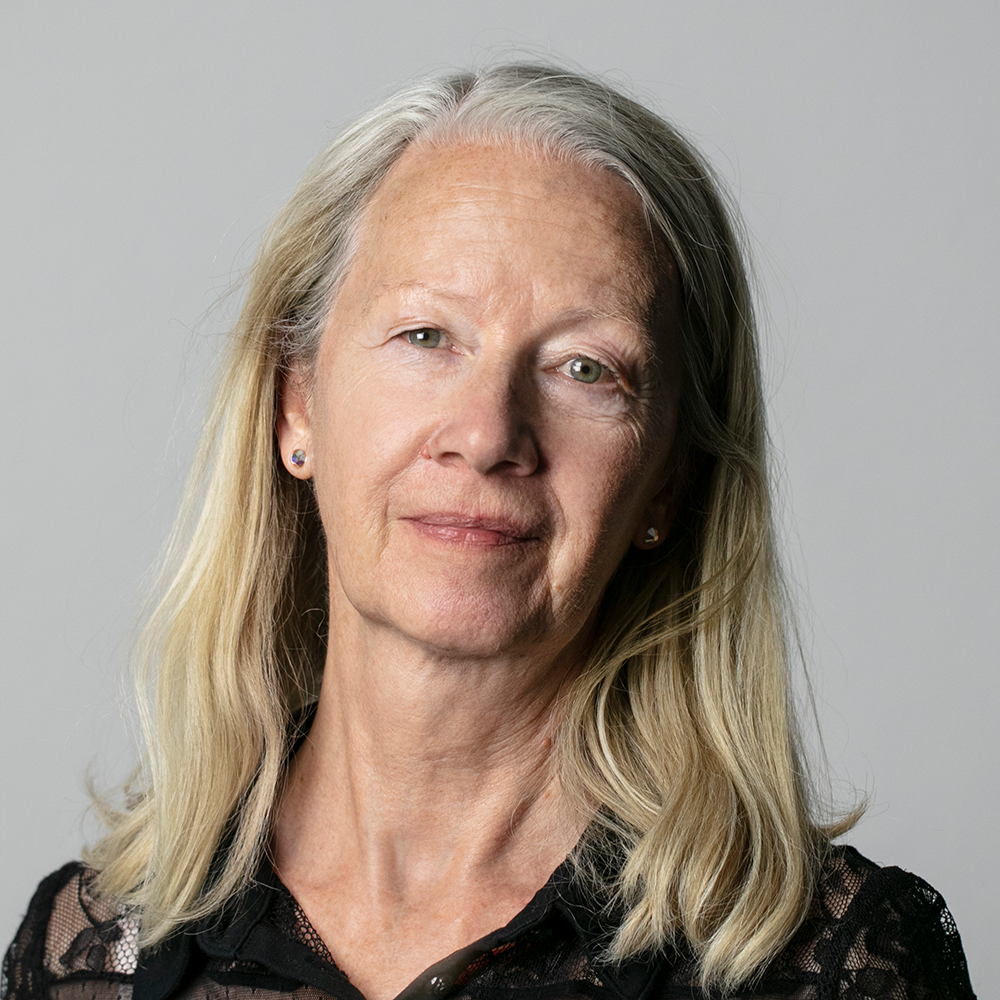

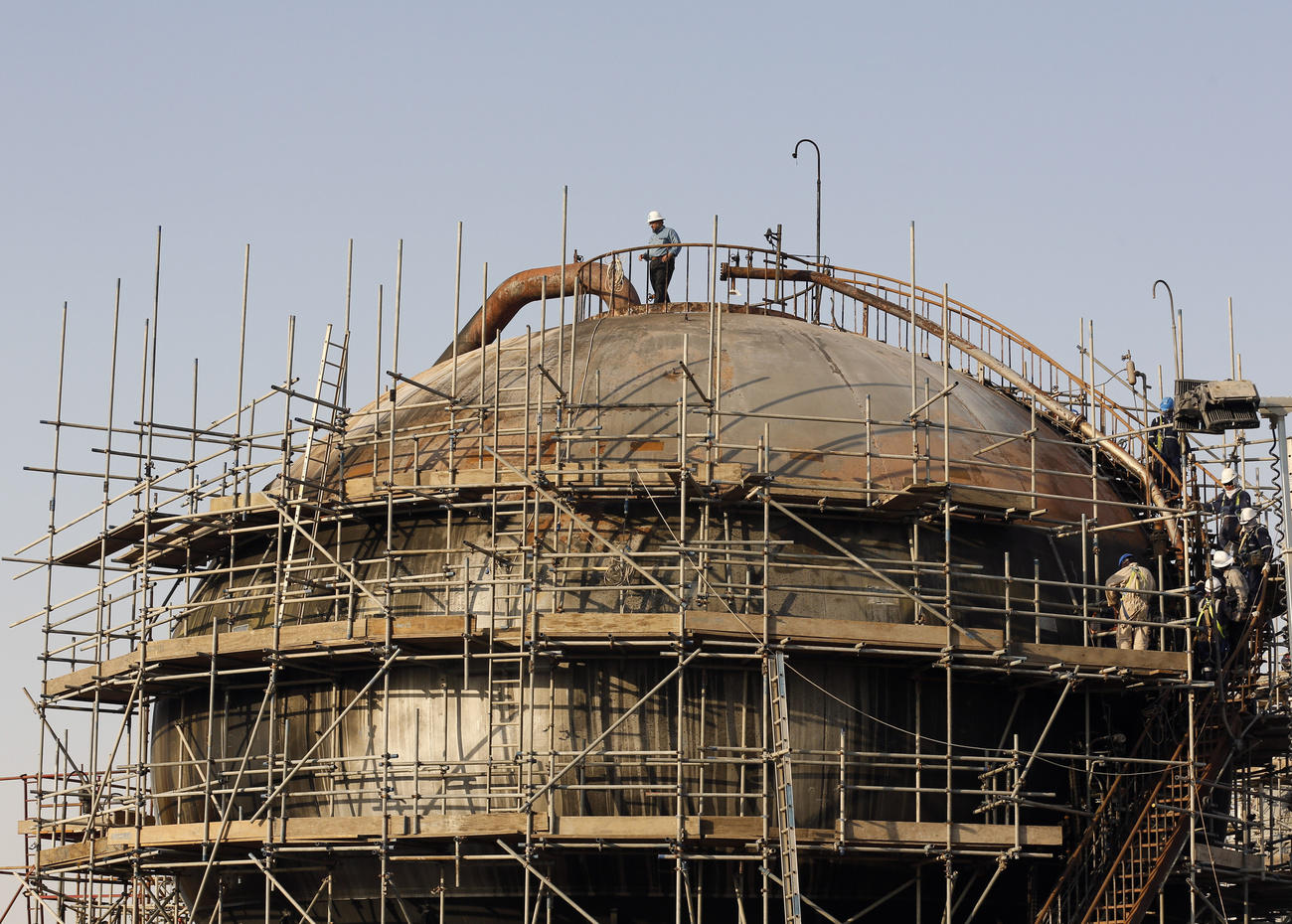
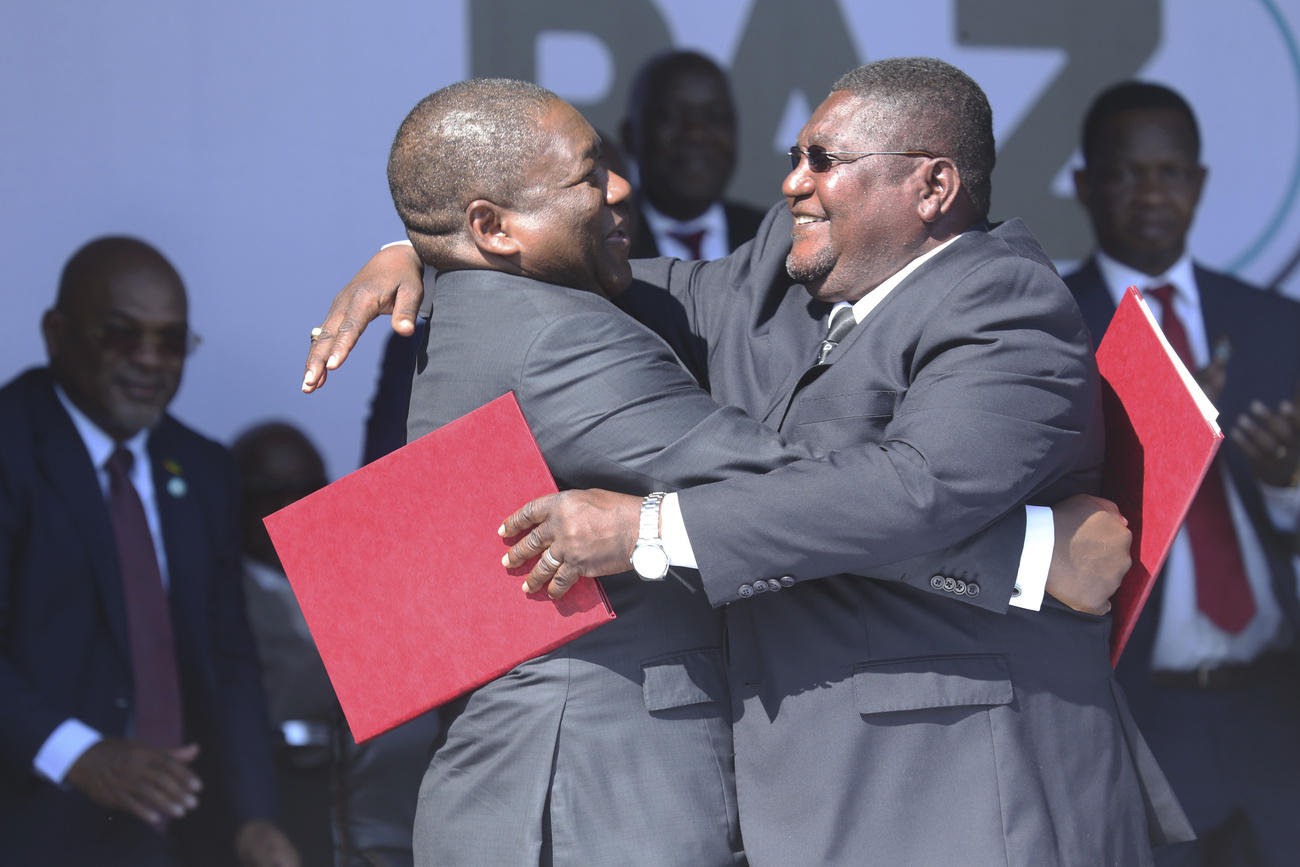
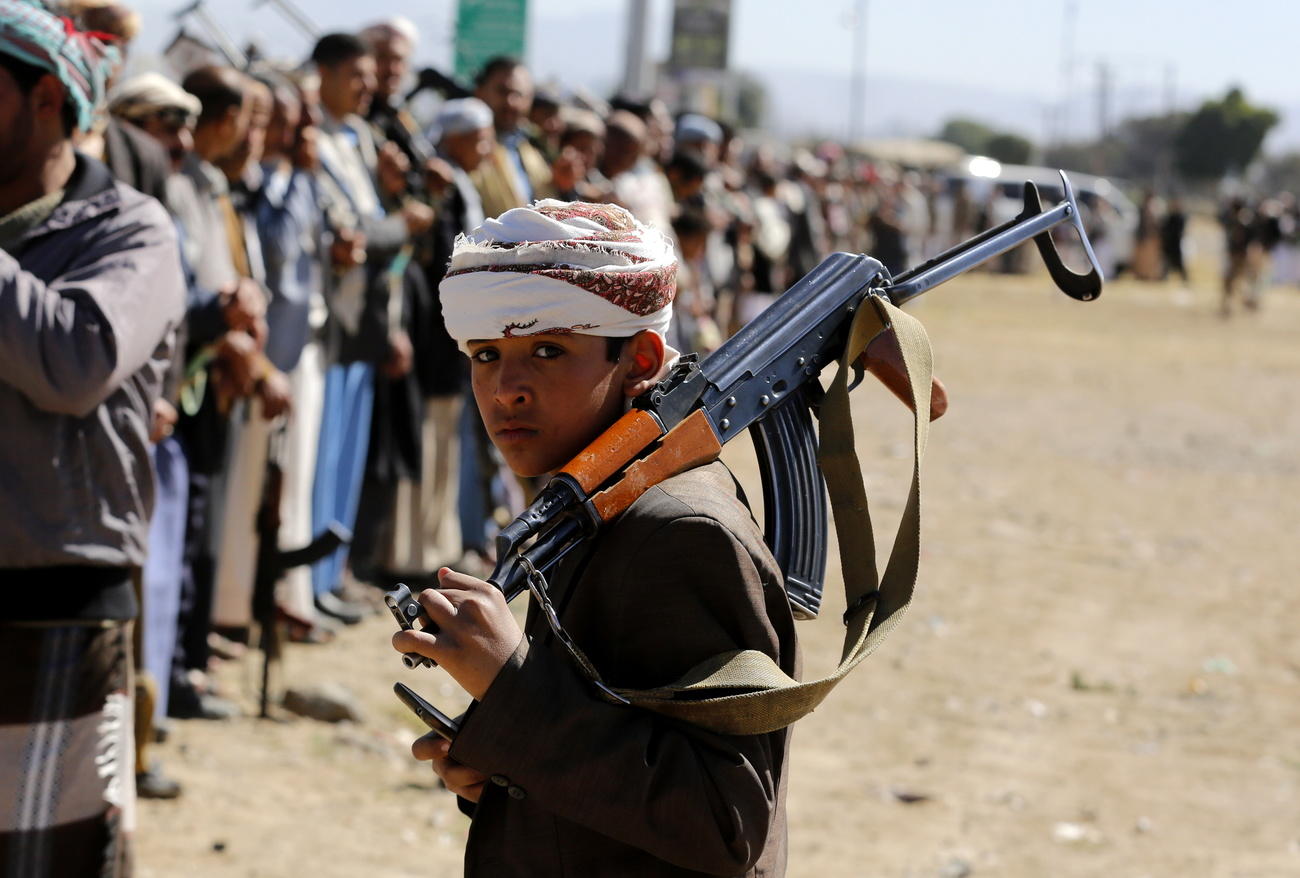
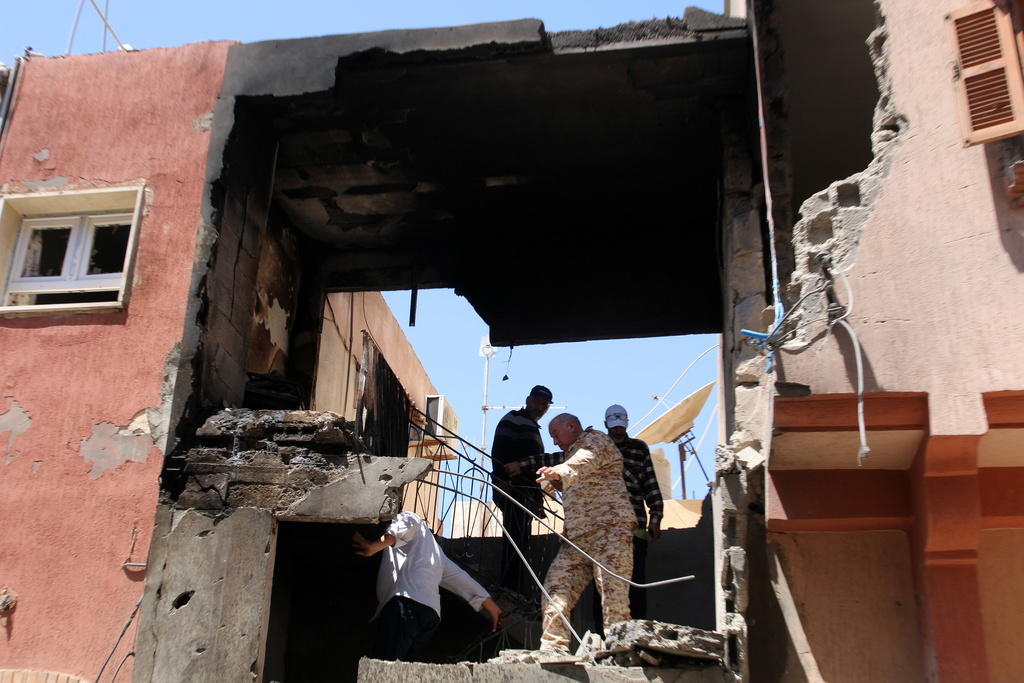
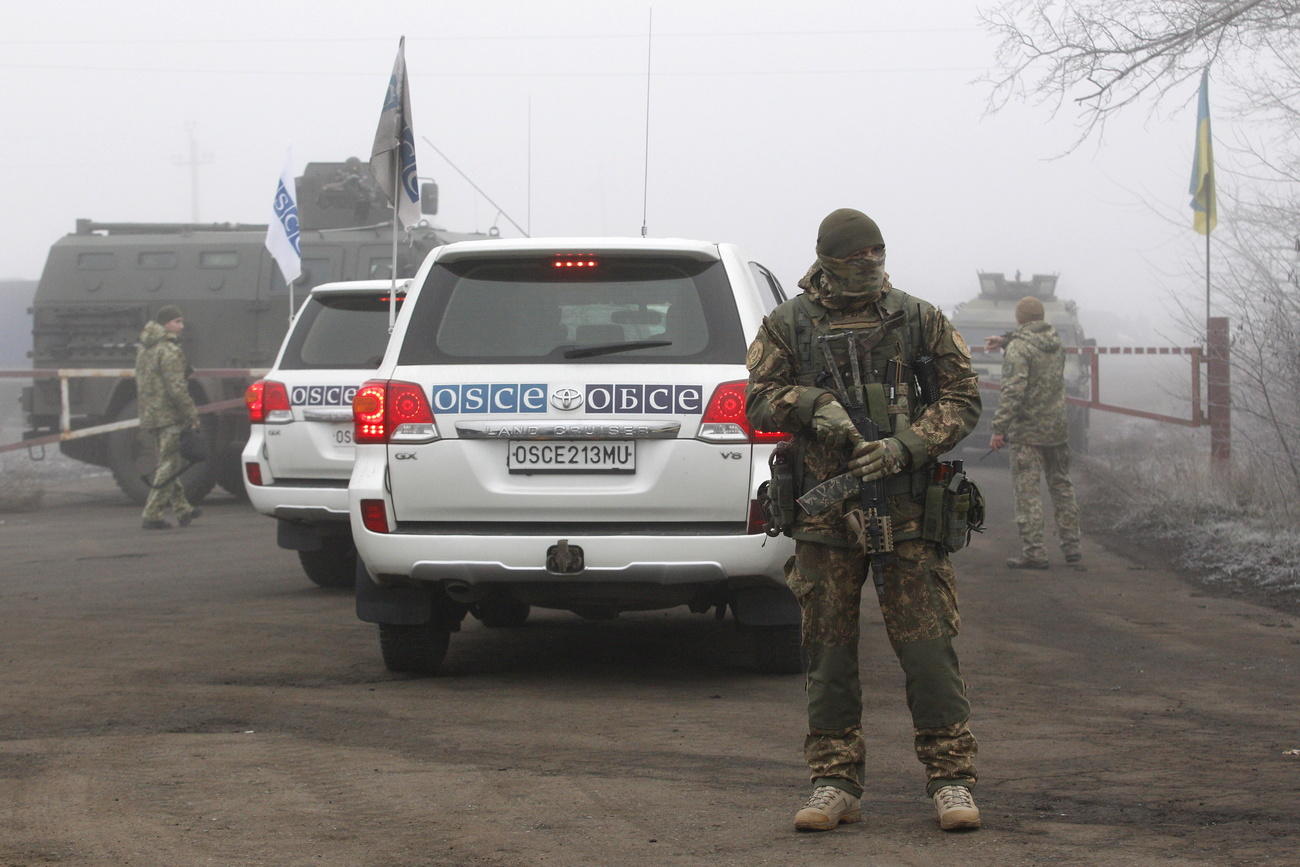
You can find an overview of ongoing debates with our journalists here. Please join us!
If you want to start a conversation about a topic raised in this article or want to report factual errors, email us at english@swissinfo.ch.